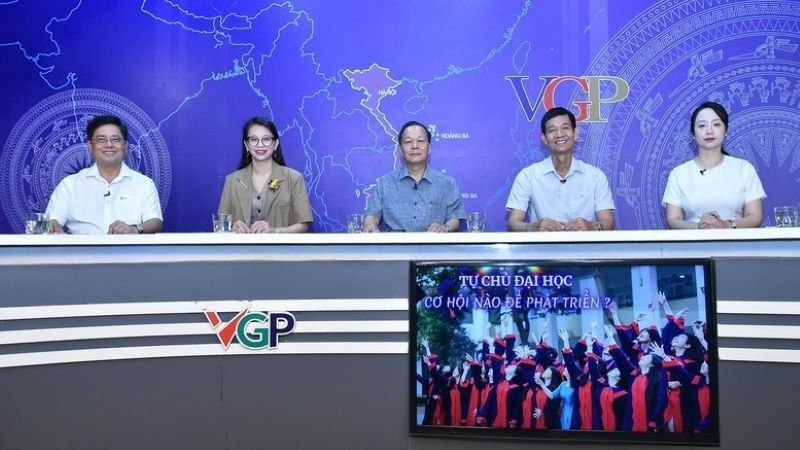
Unresolved bottlenecks
More than a decade ago, Resolution No. 29-NQ/TW of the Party Central Committee clearly identified “university autonomy” as a breakthrough decision of the times. Then, Resolution 77 of the Government in 2014 marked a turning point, putting university autonomy into practice. However, up to now, most universities are still struggling in reality, with too many obstacles and shortcomings, especially when they are granted a part of the authority, but are still bound in many aspects.
Associate Professor, Dr. Luu Bich Ngoc, Chief of Office of the National Council for Education and Human Resources Development, said that there are three main reasons why the policy is still slow in practice: Incorrect understanding of university autonomy; Conflicts and overlaps in operation and management between the University Council, Party Committee and Board of Directors, leading to ineffectiveness in internal operations of higher education institutions; The autonomy mechanism is not really open.
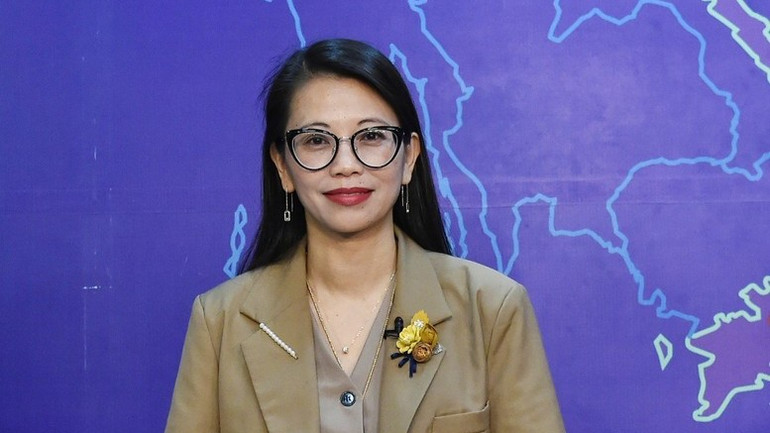
Lieutenant General, Professor, Doctor Nguyen Xuan Yem, Director of the Institute of Non-Traditional Security, School of Business and Administration, Vietnam National University, Hanoi, also said that traditional management thinking, especially the "ask-give" mechanism, is still a major barrier to the current process of university autonomy. To eliminate the "ask-give" mechanism and have true university autonomy, what belongs to the school, to the school principal, must be returned to them in the true sense. Meanwhile, the management agency focuses on guidance, inspection, examination, and in-depth management.
To make university autonomy truly effective and practical
The cooperation with autonomous universities has brought high efficiency in training human resources. Deputy General Director of Vietnam Electricity Group (EVN) Vo Quang Lam affirmed: currently, EVN has a significant increase in the rate of cadres and employees graduating from universities (engineers, masters, doctors, etc.), reaching approximately 51%. High-quality human resources are the key factor and this achievement is directly thanks to the human resources trained from universities, especially in the 15 years of implementing autonomy.
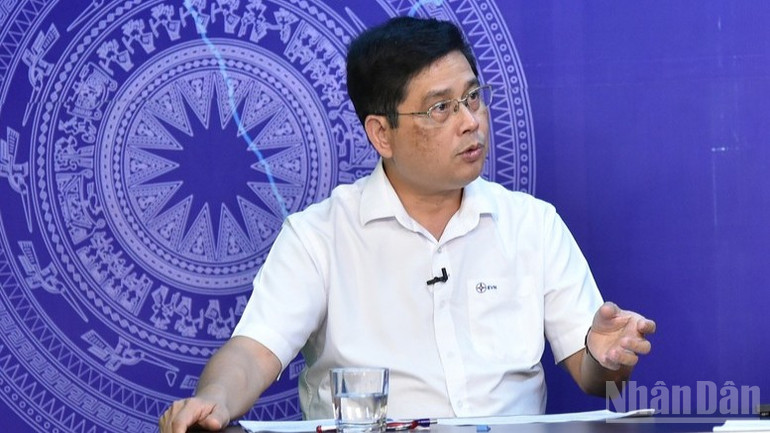
EVN and autonomous universities have coordinated through economic training contracts, clearly showing the responsibilities and roles of each party, in which businesses share needs, clearly define programs and teams, and create conditions for suitable students to access work at businesses. EVN also awards scholarships to excellent students; orders scientific research topics; coordinates with lecturers to solve major and urgent problems of the electricity industry; builds a competency framework so that each employee can see the development path, choose the right career and training school.
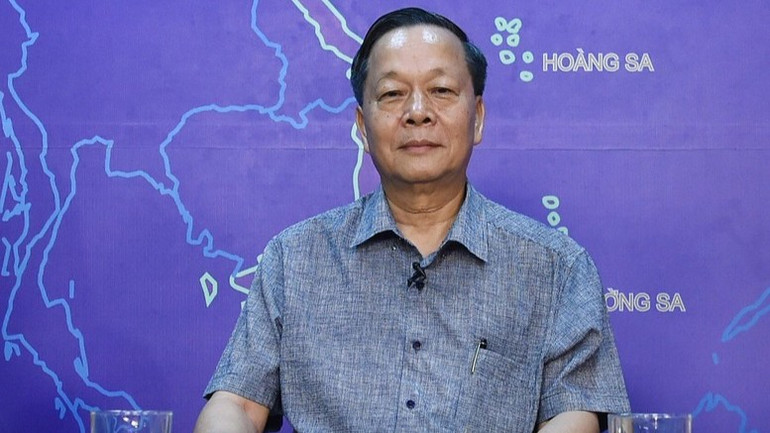
EVN proactively organizes seminars and forums for business officials and university lecturers to exchange, update and access the latest knowledge and information about the world's electricity industry.
Emphasizing that higher education needs to be positioned at the top of the knowledge pyramid, instead of being universalized, Associate Professor, Dr. Hoang Dinh Phi shared about the practice of building, managing and operating the School of Business and Administration, one of the rare models of comprehensively autonomous higher education over the past 30 years - not receiving state budget, self-determining organization and being responsible for training quality.
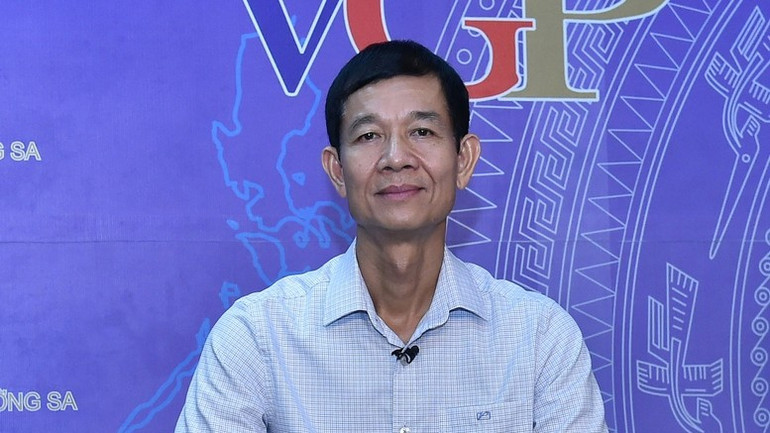
According to Mr. Phi, the journey of university autonomy innovation needs to be based on four core factors: The Party's comprehensive innovation policy, creating a foundation for development; Administrative reform of the Ministry of Education and Training, shifting from "intervention" to "support and supervision"; The spirit of dedication and creativity of the teaching staff, proactive international integration, building standard programs; The proactive role of parents and students, choosing suitable programs, training core values (ethics, will, talent, responsibility...).
Associate Professor, Dr. Luu Bich Ngoc emphasized: “Autonomy does not mean lax management. In the new trend, the State needs to play a "constructive" role, focusing on issuing training standards, output standards and strengthening post-inspection to ensure quality can meet the needs of society, instead of pre-inspection as before."
Sharing the view that university education is "elite education" and should not be spread out, Professor, Dr. Nguyen Xuan Yem proposed a number of important directions: Developing universities according to the needs of strongly urbanized localities or large corporations; Increasing the authority of principals because "all school innovations must start with teachers, especially principals, who decide the innovation and success of education and training"; Improving the capacity of teachers; Increasing resources for education and Expanding international cooperation.
Source: https://nhandan.vn/tu-chu-dai-hoc-co-hoi-nao-de-phat-trien-post893221.html



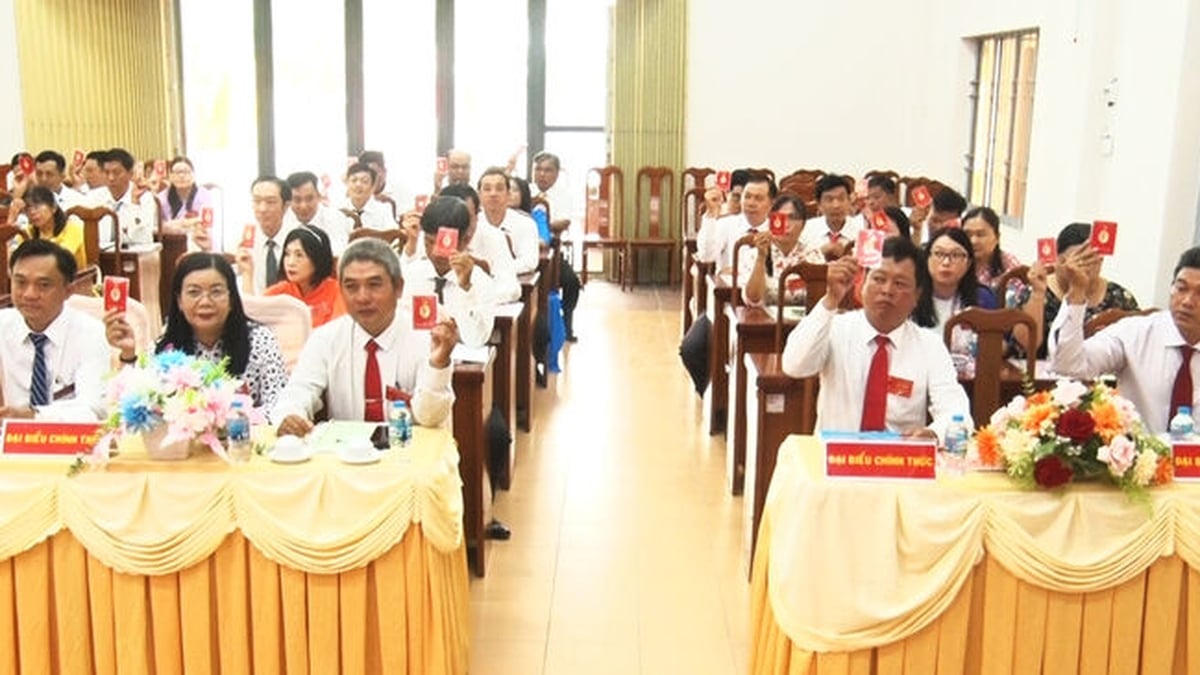



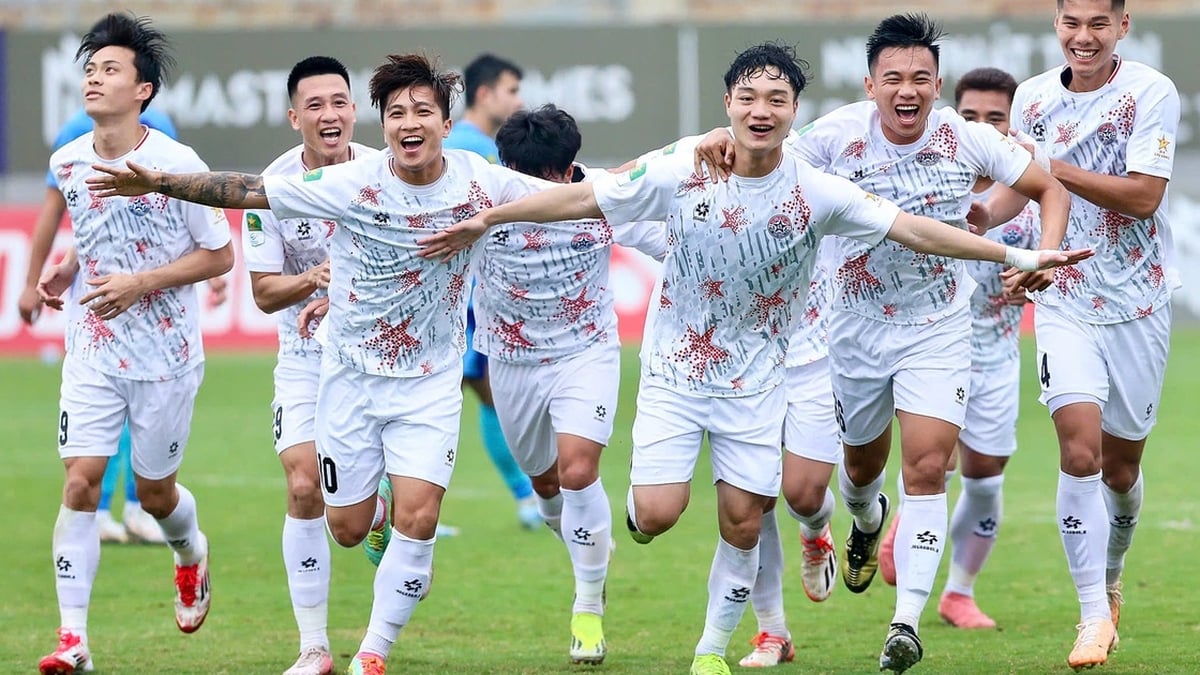
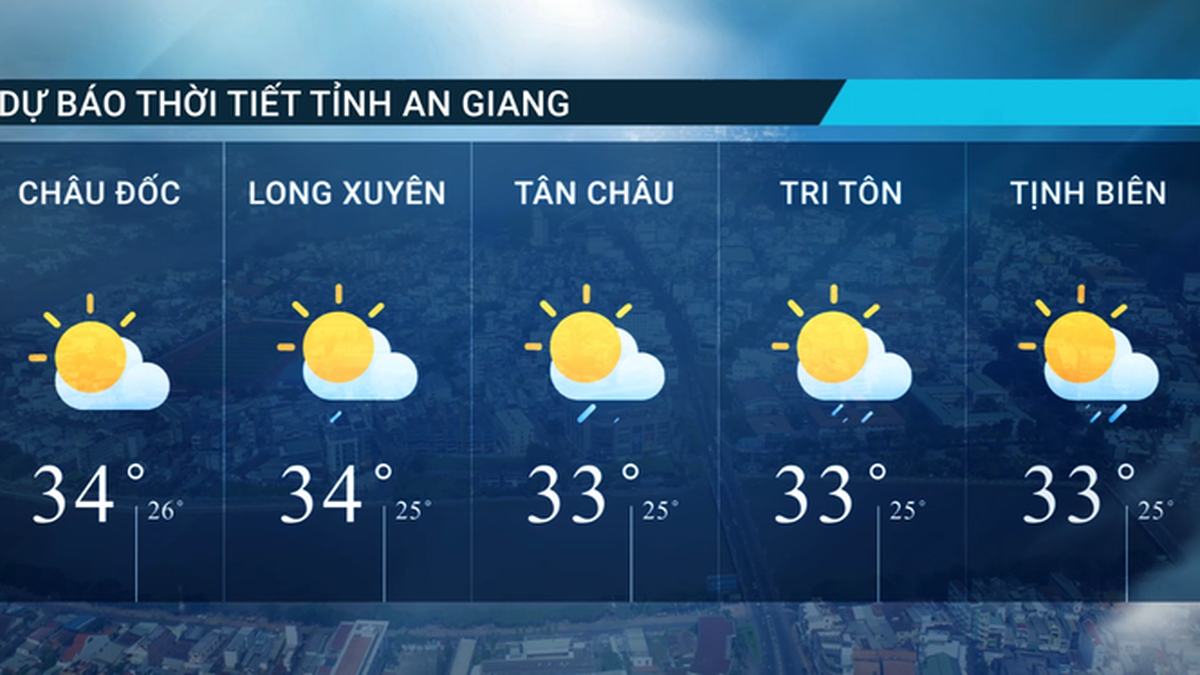























































































Comment (0)